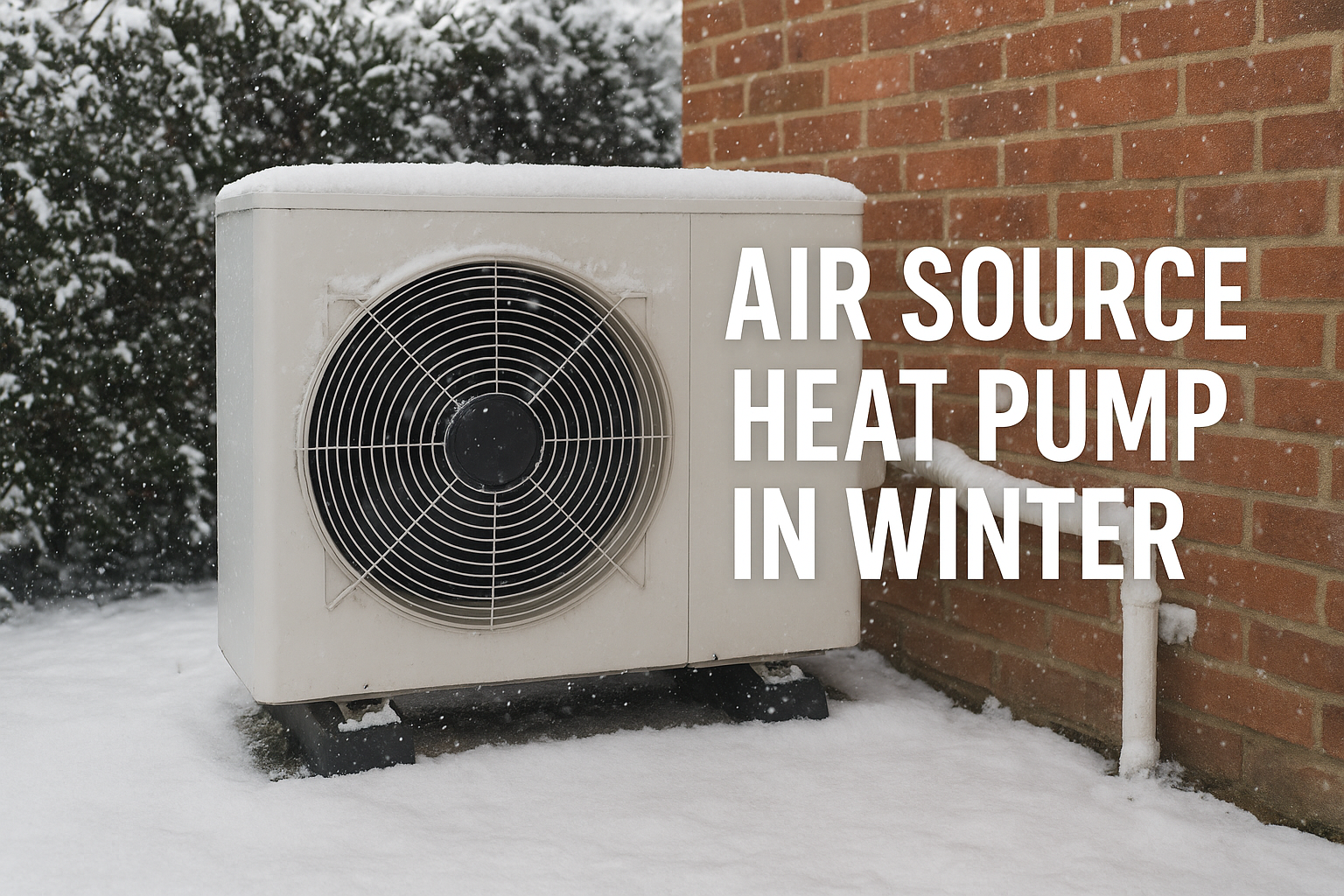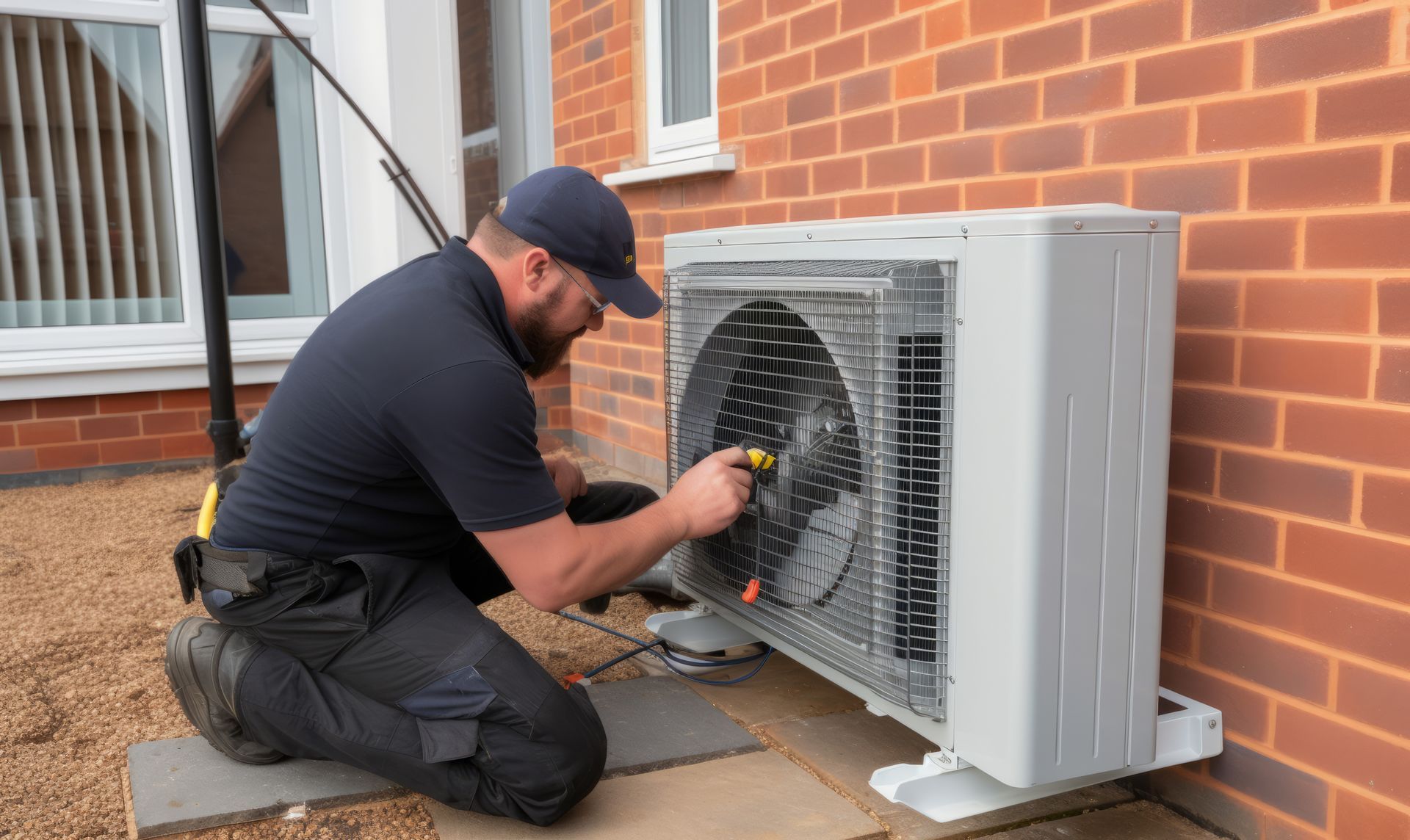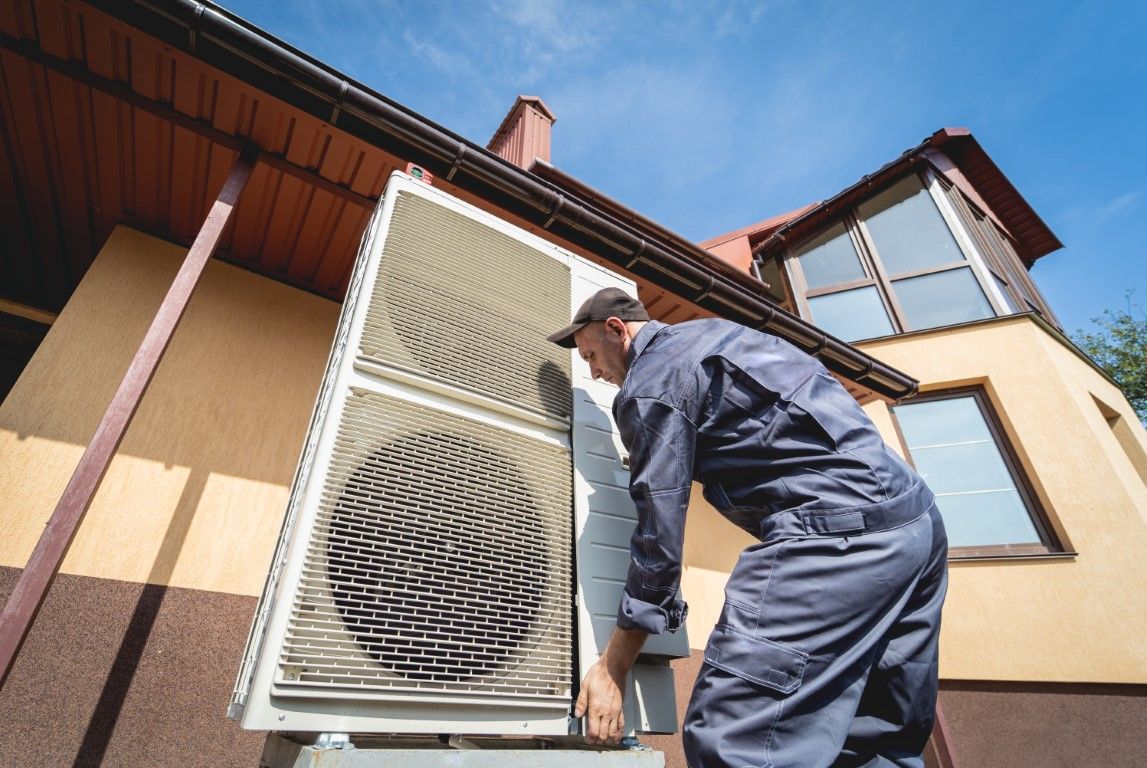Blog
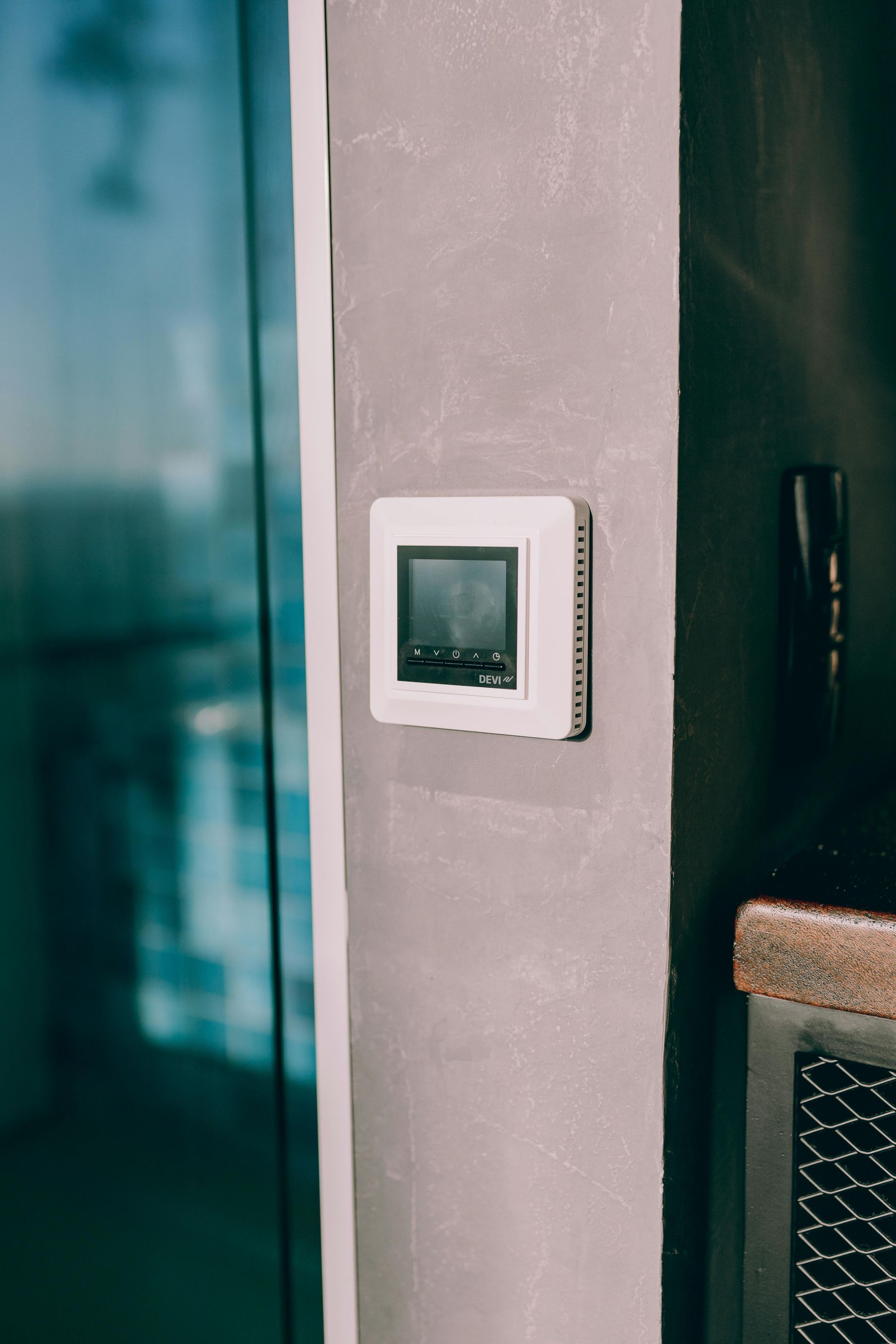
When most people think of smart thermostats, they imagine them paired with a gas boiler — turning the heating up from your phone or letting the system learn your daily routine. But what if you’ve switched to a more efficient system, like an air source heat pump (ASHP)? Can the two work together? The short answer is yes — and when they do, you get the perfect mix of comfort, control, and energy savings.

Across the UK, rising energy prices have made many households look for better, long-term solutions to cut costs. At the same time, more people want to live sustainably and prepare their homes for the future. One of the smartest ways to achieve this is by combining air source heat pumps (ASHPs) with solar panels.

The Energy Company Obligation (ECO4) Scheme is a government initiative designed to promote energy efficiency in UK homes. By supporting households with funding for energy-saving improvements, the scheme plays a vital role in reducing energy bills and cutting carbon emissions. This blog explains who can benefit, what the scheme funds, and how to apply, helping you make the most of this opportunity to upgrade your home’s energy efficiency.
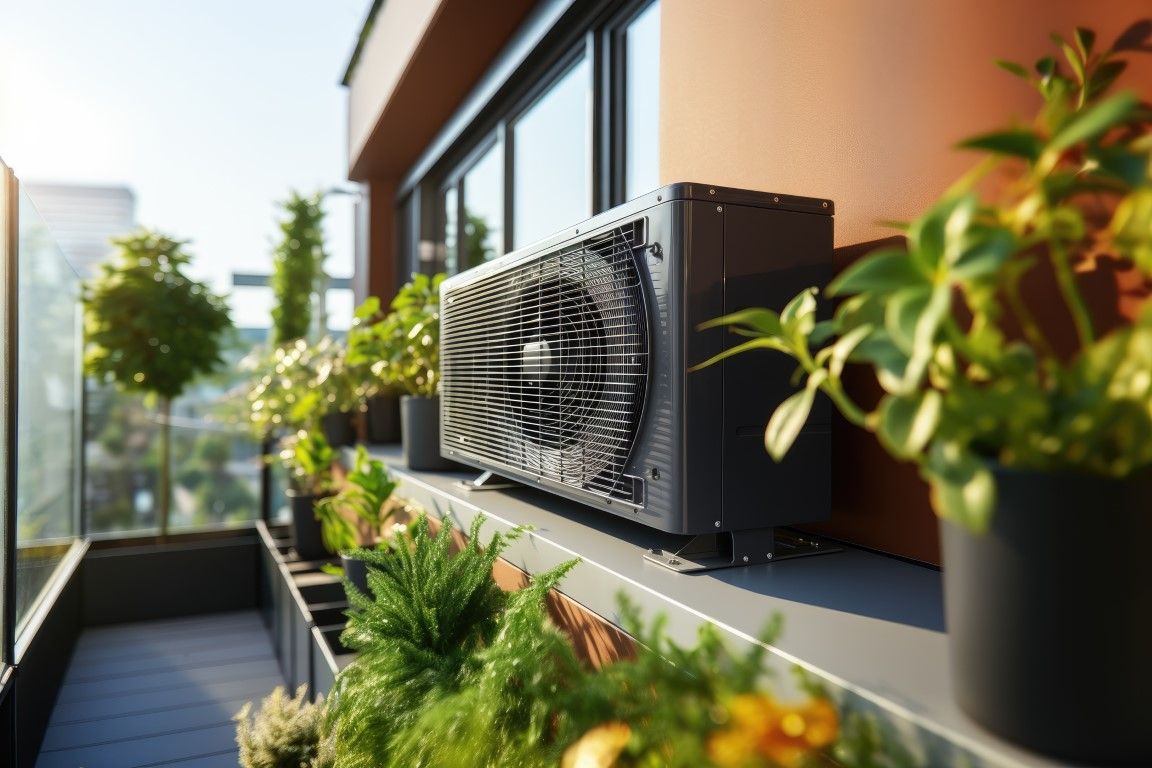
Home heating accounts for 38% of gas use in the UK, contributing to considerable CO2 emissions, with the average gas boiler emitting 2.2 tonnes of CO2 annually. An air source heat pump, powered by renewable electricity, offers a more sustainable alternative, which is why the government is promoting its adoption. The UK government aims to phase out gas boilers by 2035 as part of its plan to achieve net-zero emissions by 2050. To support this transition, grants are being offered to help households install air source heat pumps and other low-carbon heating solutions, encouraging homeowners to switch from their old gas and oil boilers to cleaner, greener options.
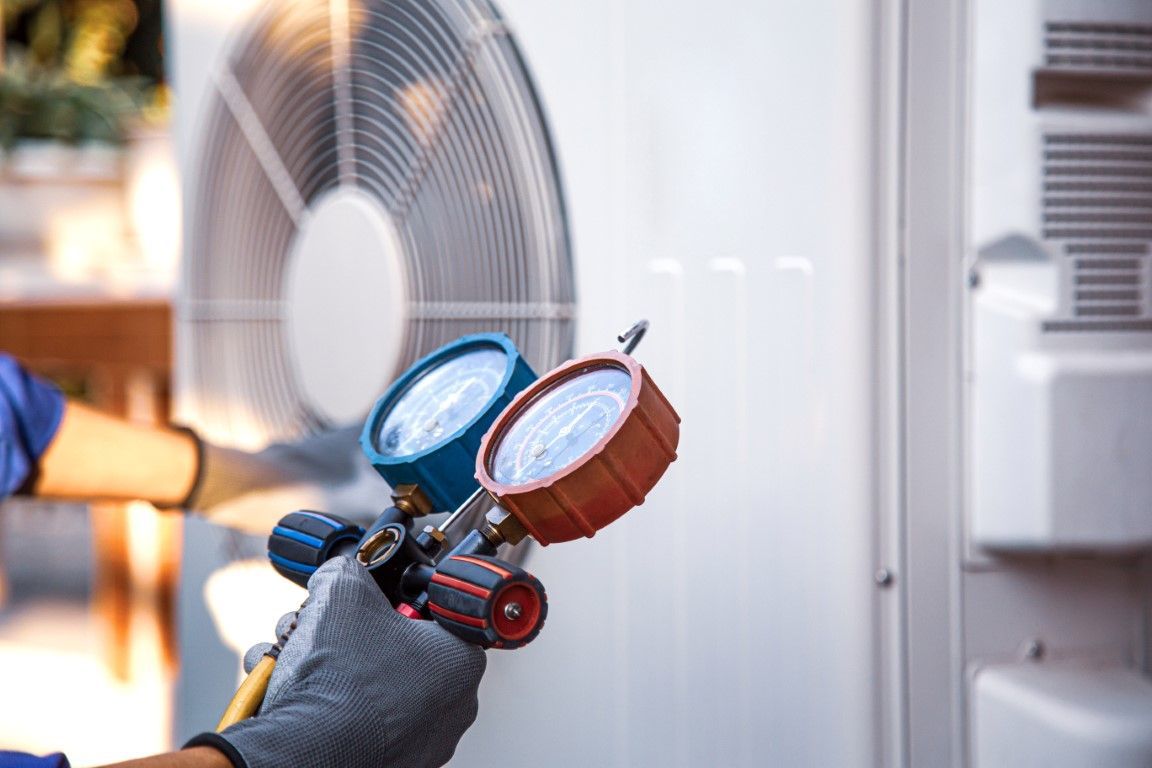
Various heat pump variants, such as air source, ground source, and hybrid systems, offer efficient and environmentally friendly heating options for your home, all while being cost-effective. Preparing your home for a heat pump involves several key considerations: Insulation and Energy Efficiency : Before installing a heat pump, assess your home's insulation and overall energy efficiency. Upgrading insulation and improving energy efficiency can significantly reduce energy costs and ensure optimal performance from your heat pump. Available Space: Determine if your property has enough space for the type of heat pump you're considering, whether it's an air source, ground source, or hybrid system. Different heat pump types require specific space considerations, so ensure your property meets these requirements. Planning Permissions: Check with your local authority to understand if your heat pump installation requires planning permission. Regulations can vary, so it's important to align your plans with local guidelines to avoid any legal issues. Radiators and Pipework: Evaluate your existing radiators and pipework to determine if they're compatible with a heat pump. Heat pumps can work with various heating systems, including radiators and underfloor heating. In some cases, minor adjustments or upgrades may be necessary for optimal compatibility. Maintenance and Servicing: Plan for regular maintenance and servicing of your heat pump to ensure it operates efficiently and maintains longevity. Access to qualified technicians for servicing and addressing any issues promptly is essential for optimal heat pump performance. By addressing these factors, you can better prepare your home for a heat pump installation, ensuring maximum efficiency and effectiveness of your heating system.
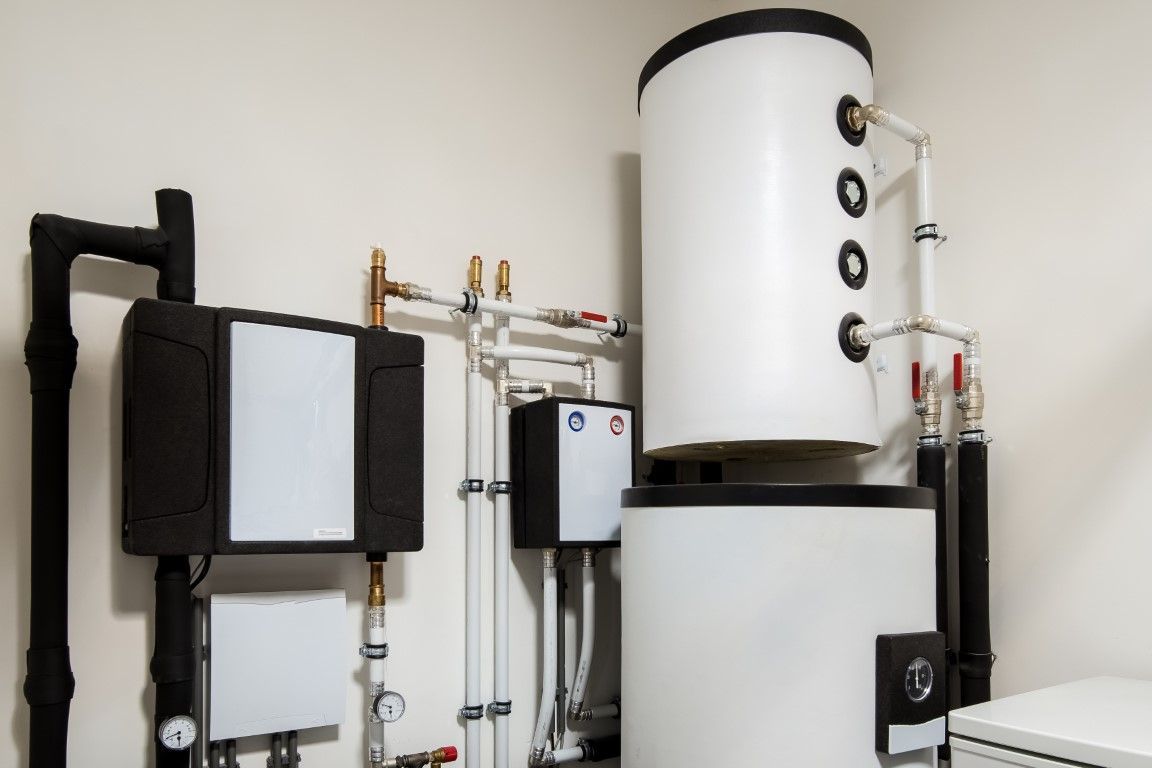
Heat pumps are required to display an energy label indicating their efficiency level, ranging from dark green (most efficient) to red (least efficient). Since September 26, 2015, all newly manufactured heat pumps must come with an EU product label. Additionally, the installer is responsible for providing a package label that showcases the efficiency based on various components within the heating system. Any heat pumps certified by the Microgeneration Certification Scheme must include a product label upon sale, and the installer must also provide a package label. Failure to have a product label may result in the heat pump being ineligible for Government grants. Air-source heat pumps are among the most efficient methods for heating homes, resulting in significantly lower running costs compared to conventional heating systems. According to the Energy Saving Trust, heating a home with gas costs around 4.6p per kWh, while standard electric heaters cost between 9 and 16p per kWh. A typical air source heat pump may run at approximately 4.7p per kWh, potentially dropping to 2.3p if utilizing Economy 7 electricity or switching to our GoElectric tariff.
